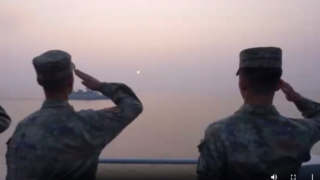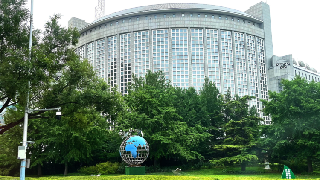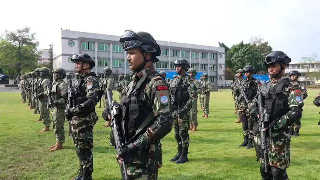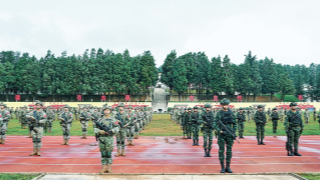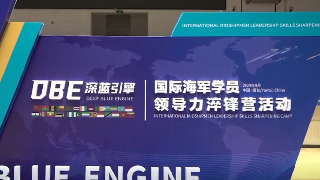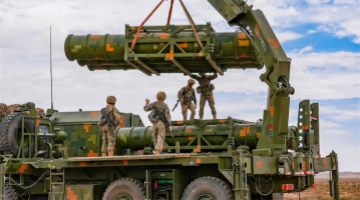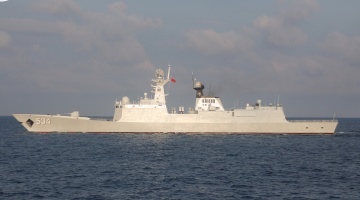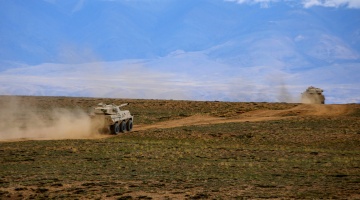By Shu Meng
Hamas' top leader Ismail Haniyeh was killed in Iran on Wednesday. Hamas is an important political force in Palestine, and the unexpected death of its top leader will undoubtedly exacerbate the regional tension with the possibility of triggering a chain of effects. Being at the helm of Hamas for a long time, Haniyeh was a vital figure in the hostage exchange and ceasefire negotiations between Palestine and Israel. The assassination of him added more uncertainties and complexities to the already precarious peace process and made it harder for the two parties to reach a peace agreement, pushing peace further out of reach for the Middle East.
The assassination will likely make Hamas more aggressive. On the moment, the negotiations in the Gaza Strip have lasted months without any substantial progress. Israel's tough line may push more youths in the Palestinian region towards Hamas and prompt them to put up more radical resistance. The possible retaliations from Hamas and the escalating conflict between the two sides may give Israel another excuse to prolong its military operations in Gaza, through which it aims to further destroy the infrastructure there, undermine Hamas' local influence, and gain more advantages in controlling the Port of Gaza in order to appease the public unsatisfied with the Netanyahu government.
Yet the assassination is not enough to cause an all-out collapse of the peace negotiations in Gaza.
The Operation Al-Aqsa Flood on October 7 last year lent a heavy blow to Hamas' military capabilities. Despite the assistance and support from certain countries and organizations, Hamas is in no position to engage in long-term military confrontation against Israel. Therefore, even though the assassination of its top leader may further infuriate Hamas into launching several counterattacks in the short term as a response, it will have no choice but come back to the negotiating table with Israel because of its limited strengths.
Israel, on the other hand, is under tremendous pressure from the international community. Its "iron" ally, the US, is supporting it with "lip service" while pressuring it even harder, a tendency that has become more obvious after Netanyahu's US visit was extensively criticized. At the same time, Netanyahu is actively seeking mediation with some Arab countries and has high hopes that the US would succeed in putting together a NATO-like collective defense system in the Middle East so that Israel would stand side by side with the Arab world to jointly fend off the potential threats from Iran.
However, as the military operations in the Gaza Strip are still going on and the Palestine issue lingering, the Arab world doesn't have the energy to push for a reconciliation with Israel at this juncture. That in turn will worsen the situation in Israel, enhance its people's sense of insecurity, and challenge the legitimacy of the Israeli government. Therefore, the Israeli government is likely to resume the peace talks with Hamas after having secured some phased victories in Gaza, probably by prolonging the negotiation as much as possible rather than rejecting the possibility of peace talks downright.
The assassination of Haniyeh highlighted the intensity and complexity of the Palestine-Israel issue and revealed that the two sides are still mired in a vicious violence cycle. Violence and hatred will only breed more violence and new hatred. The international community must understand Palestine's dilemma that it has few means of resistance other than resorting to force given the lack of strong external support. We must also fully realize that the crux of the issue is that the Palestinian people's pursuit of national rights has never been truly respected, let alone given any attention or response. Calling for a ceasefire after the breakout of the conflict isn't enough to solve the issue at its root. The international community should demonstrate greater wisdom, firmer resolve, and more efforts in search for a comprehensive, just and enduring solution that can lead the two sides out of the cycle of violence.
Editor's note: Originally published on China.com.cn, this article is translated from Chinese into English and edited by the China Military Online. The information and opinions in this article do not necessarily reflect the views of jmhuiquan.com.

